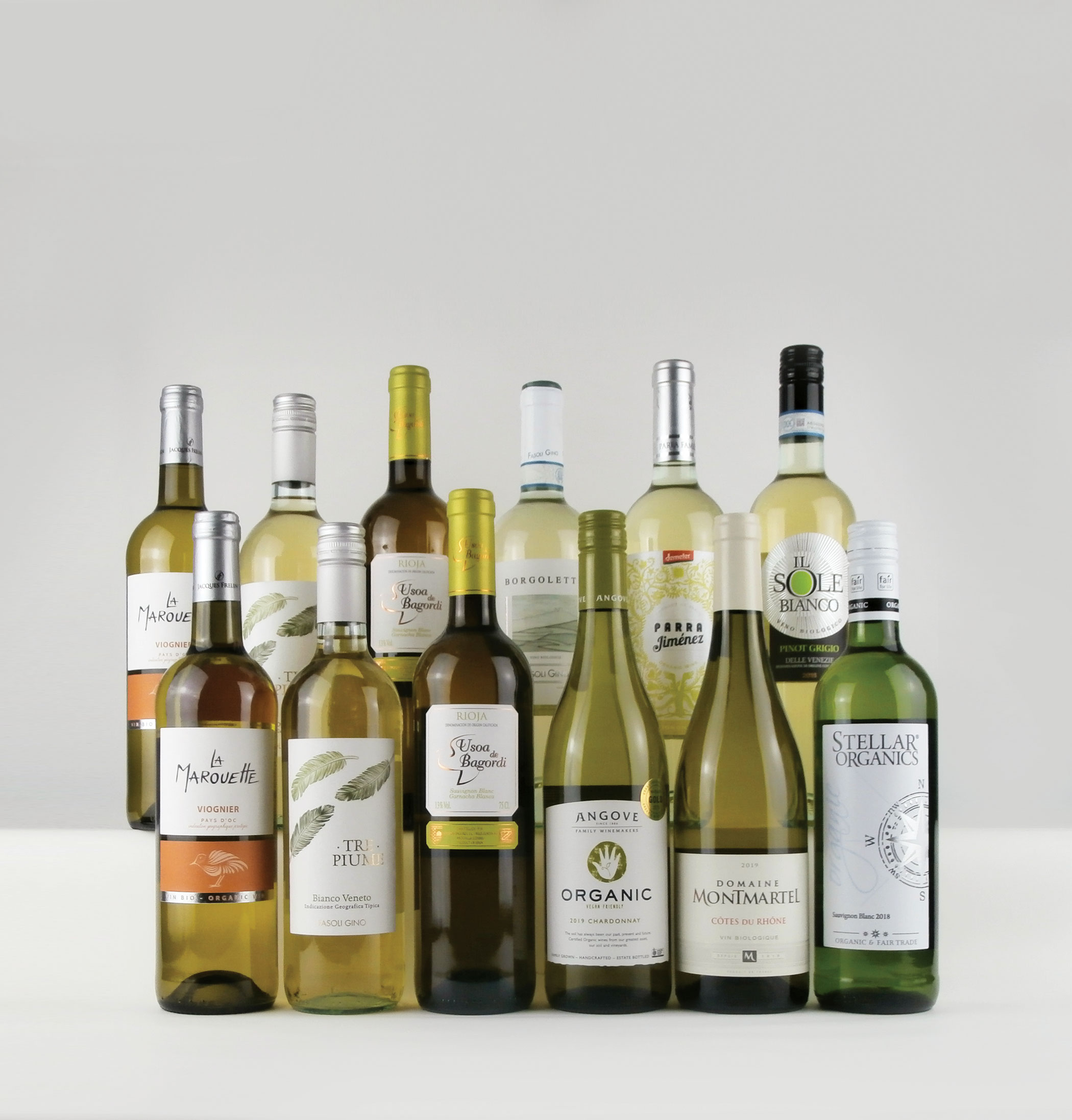This website uses cookies to improve your experience. We'll assume you're ok with this, but you can opt-out if you wish. Cookie settingsAccept
Privacy & Cookies Policy
Privacy Overview
This website uses cookies to improve your experience while you navigate through the website. Out of these cookies, the cookies that are categorised as necessary are stored on your browser as they are essential for the working of basic functionalities of the website. We also use third-party cookies that help us analyse and understand how you use this website. These cookies will be stored in your browser only with your consent. You also have the option to opt-out of these cookies. But opting out of some of these cookies may have an effect on your browsing experience. Find out more here.
Necessary cookies are absolutely essential for the website to function properly. This category only includes cookies that ensures basic functionalities and security features of the website. These cookies do not store any personal information.
Any cookies that may not be particularly necessary for the website to function and is used specifically to collect user personal data via analytics, ads, other embedded contents are termed as non-necessary cookies. It is mandatory to procure user consent prior to running these cookies on your website.



What makes wine organic?
There are two types of organic wine; those that are fully organic and those that are ‘organically grown’. Fully organic wines are made using organically grown grapes and organic winery processes, meaning no sulphites or other additives are added as part of the wine-making process.
The difference between organic and organically grown
There are two parts to wine-making; the vineyard and the winery. Wines made from organically grown grapes do not use artificial chemical fertilisers and are not laced with pesticides, fungicides and herbicides in the vineyard.
To be certified fully organic, organic wines must be made with organically grown grapes and cannot have any added sulphites or non-organic elements added as part of the crushing, fermentation, ageing or bottling process.
Is organic wine good for you?
Organic wine is still alcohol, so it’s never going to be a health-boost, but yes, organic wine is better for you than non-organic wine. Organic wine is free from genetically modified organisms, there are no synthetic additives, no added sulphites, and it typically has less sugar and lower alcohol content than traditional wines.
Drinking organic wine also supports organic farming practices, such as cover crops, green manures, water conservation and crop rotation, which is all much better for the environment that traditional farming practices. They help fertilise soil, naturally manage weeds and insects, and promote biodiversity.
Natural wine vs organic wine
There are some differences between natural and organic wine. Organic wines are made using organically grown grapes and organic wine production methods to crush, ferment and bottle the product. Natural wines are typically made without any intervention from machinery, meaning the grapes are picked and de-stemmed by hand, there is no machine pulping, and no added acid or sugar to control alcohol content. They’re typically unfiltered, so have less clarity and may contain some sediment.
Sometimes, natural wines need to be decanted, as they can pick up a sulphurous odour where there should be none.
The general use of the word ‘natural’ is often contested, because there are currently no certification processes in place to determine natural wine-making growing and production processes are being adhered to.
Are organic wines sulphite free?
When grapes ferment, they naturally produce sulphites, so no wine is completely sulphite free, however organic wines typically contain sulphite levels so low they’re virtually undetectable.
Sulphites in organic wine are naturally occurring. In order to be certified organic, organic wines must not add sulphites as part of the wine-making process. This is good, because sulphites are largely recognised as the cause of the dreaded wine hangover headache.
Why are sulphites in wine bad?
Sulphites are a natural bi-product of wine production, but lots of manufacturers add additional sulphites to extend shelf life. The amount of sulphites in regular wine is reasonably low, but adding sulphites is not permitted in organic produce. If you’re looking for a natural, environmentally friendly alcoholic beverage, you must avoid drinks with added sulphites.
Does organic wine give you a hangover?
Yes, most likely. Organic wine is alcohol. There are many who believe sulphites in wines are responsible for hangover headaches, which would mean, in theory, organic wines were less likely to give you a hangover, since they’re free from added sulphites. However, some studies suggest sulphites only affect approximately 1% of the population.
So organic wines might give you less of a headache, but alcohol impacts everyone differently. You’d have to try it and see.
Does organic wine taste better?
Taste is subjective, so you won’t know until you try, but some studies do suggest organic wine tastes better than non-organic wine.
An article published in the Journal Of Wine Economics in 2016 found organic wines ranked higher than conventional wines when rated by experts.
Is organic wine real wine?
Yes, organic wine is real wine. It really contains alcohol and it will really get you drunk if you drink too much of it.
There’s a stigma around organic wine that means people expect it to be cheap, but want what they view as ‘real-wine’ when prices are higher.
Organic wine is real wine, it’s just been made using organically grown grapes (which is great for the environment and insects) and organic wine-making processes (which is better for your belly).
Where to buy organic wine
VEO WINES are all organic and completely vegan. That means our grapes are grown using organic farming practices and made into wine using organic wine-making processes. There are no animal products in our wines and they’re not used making any form of animal exploitation.
Shop our wines